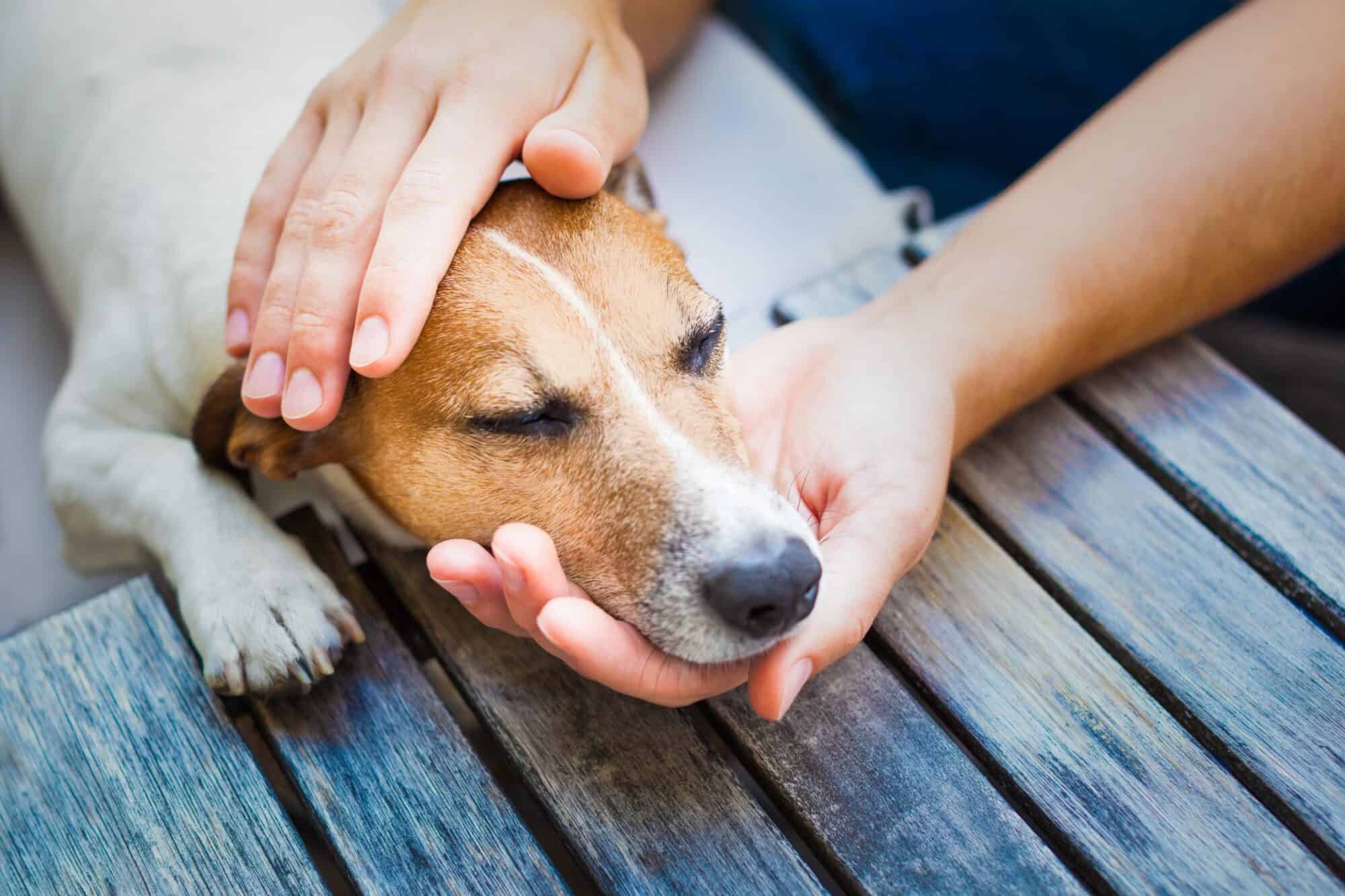Top 3 Signs That Your Pet Is Sick

At Switzer Veterinary Clinic, we understand the unspoken bond you share with your pet. Recognizing the early signs of a sick pet is crucial for their health and well-being. Animals can’t easily communicate how they’re feeling, so we, as pet owners, have to be vigilant about noticing changes in behavior or physical condition.
This blog post will explore the top three signs of pet illness, helping you make sure your furry friend receives the care they need when they need it.
Recognizing Pet Illness Symptoms
1. Changes in Appetite or Drinking Habits
One of the most noticeable signs of a sick pet is a change in their eating or drinking habits. Whether your pet is eating less than usual or showing an unusual increase in thirst, these changes can indicate underlying health issues ranging from dental problems to diabetes. It’s important to monitor:
- Sudden loss of appetite
- Increased water consumption
- Difficulty chewing or swallowing
If you notice any of these symptoms, it might be time to call a vet. Detecting health issues early can prevent them from worsening and maintain your pet’s well-being.
2. Altered Behavior or Activity Level
Pets often communicate discomfort or illness through changes in behavior or activity levels. A once energetic dog that now prefers to lie in a corner or a cat that suddenly becomes irritable can be signs of a sick pet. Look for:
- Lethargy or decreased interest in play
- Increased aggression or irritability
- Unusual hiding behavior
These changes, incredibly when persistent, need professional attention. Pets don’t always show pain in obvious ways, so these behavioral shifts can be critical clues.
3. Physical Changes or Unexplained Symptoms
Physical signs are often the most straightforward indicator of health problems in pets. While some symptoms might require immediate medical attention, others might be more subtle, including:
- Unexplained weight loss or gain
- Persistent coughing or wheezing
- Difficulty breathing
- Vomiting or diarrhea
Regular grooming and petting sessions are an excellent opportunity to check for any unusual lumps, sores, or changes in your pet’s coat condition. Early detection of these signs can lead to early intervention and treatment, which is why we encourage you to visit us for regular preventive care visits. And our in-house laboratory and diagnostic equipment, as well as our mobile capabilities, allow us to get answers quickly.
When to Call a Vet
Understanding when to seek professional advice will help you effectively manage your pet’s health. Contact your veterinarian if you observe any of the signs mentioned above or other unusual symptoms. You know your pet better than anyone else. If something seems off, it’s better to be cautious.
The Switzer Veterinary Clinic team is committed to the health and happiness of your pets. If you’re concerned about your pet’s health or have noticed any of the symptoms discussed, don’t hesitate to schedule a consultation online or call our office. Your pet’s health is our top priority, and we’re here to provide the care and support they need.

